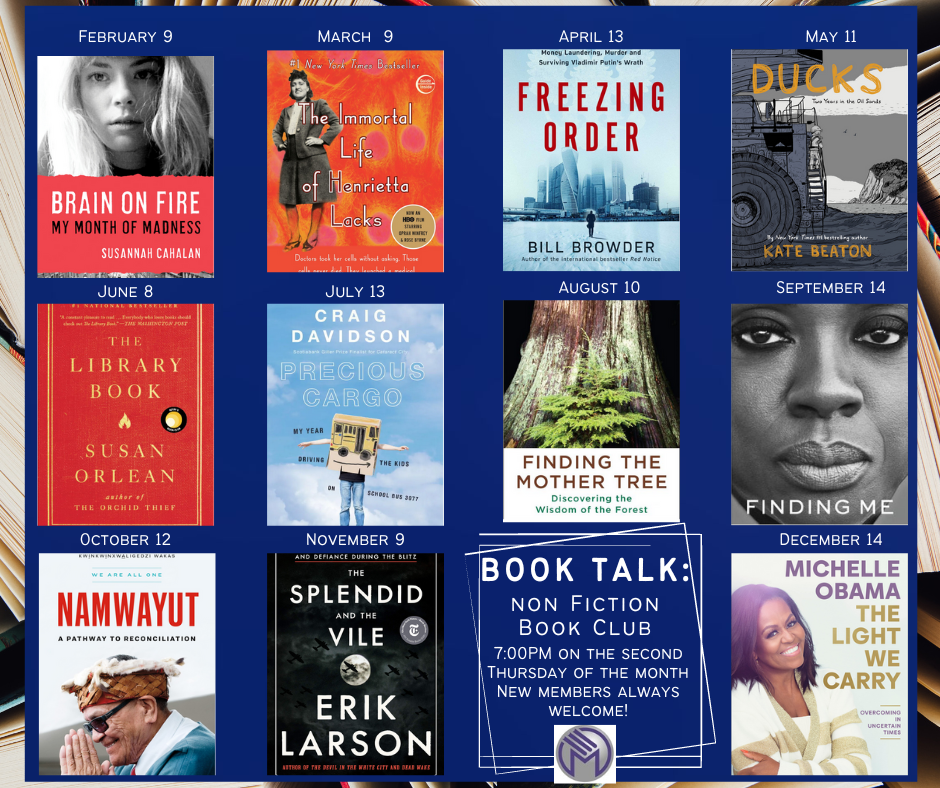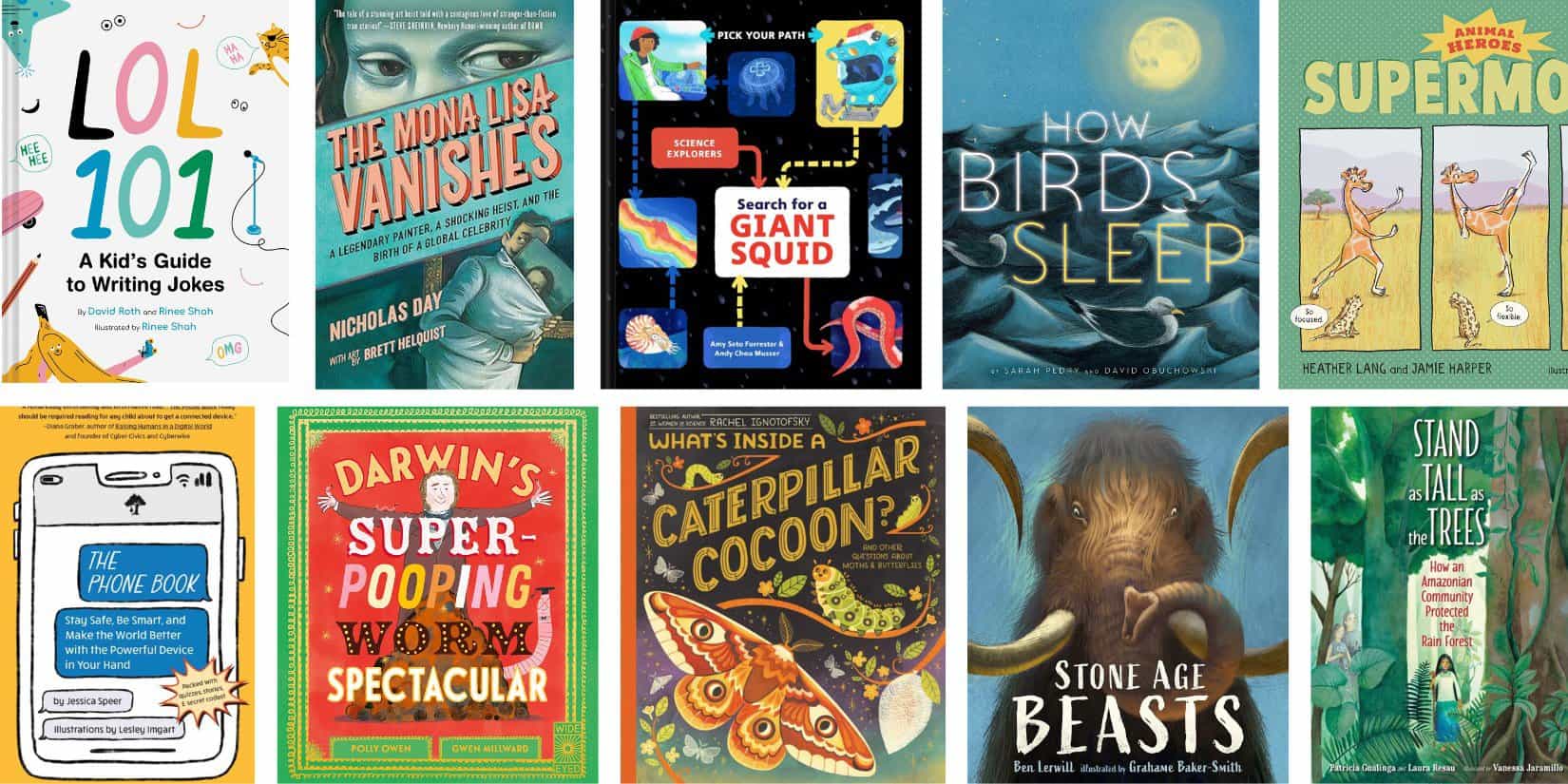Check Out the World of Realities: Exactly How Non-Fiction Publications Make Reviewing an Engaging Experience
Non-fiction publications use an unique entrance to the world of truths, changing the act of engaging with text into a compelling exploration of concrete truths and authentic stories. Whether exploring the depths of historical enigmas or the forefront of scientific development, non-fiction challenges the intellect and expands the perspectives of understanding.
The Power of True Stories
While fiction astounds the creativity, true tales possess an one-of-a-kind power in their capacity to reverberate on a much deeper, extra individual level with readers. The authenticity of non-fiction narratives permits people to get in touch with the experiences, difficulties, and victories of genuine people, cultivating an extensive sense of compassion and understanding. This link is unequaled, as it bridges the void between the reader and the subject, producing a shared human experience that goes beyond the web pages of a publication.
Non-fiction publications can light up varied viewpoints and societies, supplying insights that may or else remain untouched. They give a platform for voices that could be marginalized or neglected, thus promoting inclusivity and expanding the reader's worldview. By offering valid accounts, these stories have the prospective to enlighten and motivate, promoting vital reasoning and encouraging informed conversations on a range of topics.
Furthermore, the power of true stories depends on their capacity to affect adjustment. Documenting genuine events and individual trips can raise understanding and drive action on social, political, or ecological concerns. This transformative prospective underscores the value of non-fiction literary works as a tool for campaigning for and modification in a progressively intricate globe.
Introduction Historical Mysteries
History's enigmatic attraction mesmerizes readers as they delve right into non-fiction publications that introduce historic mysteries. Non-fiction writers, equipped with a wide range of papers, artifacts, and eyewitness accounts, reconstruct occasions that intrigue and mystify.
Books like "The Lost City of Z" by David Grann and "The Man Who Liked China" by Simon Winchester exhibit the style's capability to change messy archives into fascinating stories of expedition and discovery. Grann's job unwinds the mystery of British explorer Percy Fawcett's loss in the Amazon, while Winchester brightens the eccentric life of Joseph Needham, whose passion for ancient Chinese science improved historic narratives.
Such publications not just please the curiosity of viewers but additionally encourage vital reasoning, testing them to question approved historical stories. By uncovering realities buried beneath time's layers, non-fiction publications on historical secrets enrich our understanding of the globe, fostering a deeper admiration for the past's detailed tapestry.
Science Beyond the Lab

In areas like ecological science, non-fiction functions check out the interconnectedness of all-natural systems, outlining sensations such as climate adjustment and biodiversity in means that are interesting and obtainable. Writers like Rachel Carson and Elizabeth Kolbert have made significant contributions, equating complicated scientific information into narratives that view resonate with the public psyche. Publications on innovation and advancement, like those by Walter Isaacson, expose the scientific underpinnings of technical innovations and their societal implications, bridging the space in between abstract theory and tangible reality.
Individual Growth Via Reality

Non-fiction jobs, such as memoirs, self-help, and bios, offer profound lessons in resilience, empathy, and self-awareness. They urge readers to assess their own lives, established purposeful objectives, and develop approaches for getting rid of barriers. Self-help publications usually present evidence-based psychological methods for managing anxiety or structure efficient communication abilities, gearing up readers with devices for individual development.
Furthermore, non-fiction literature can brighten complicated social problems and influence advocacy. With reality-based understandings, visitors are influenced to advance and expand in meaningful means.
Experience in Real-Life Narratives
Adventure captivates the human spirit, and real-life stories supply a compelling glimpse into the amazing experiences of individuals that have ventured beyond the borders of the regular. These non-fiction accounts attract visitors into worlds where nerve, durability, and human ingenuity are checked versus the background of untamed landscapes, dangerous trips, and uncharted regions. By documenting real events, these narratives give not click for more info only home entertainment but likewise valuable understandings right into the triumphs and challenges faced by those who dared to seek the unknown.
Real-life journey tales, such as Jon Krakauer's "Into Thin Air" or Cheryl Strayed's "Wild", work as effective testaments to human endurance and resolution. They paint dazzling portraits of protagonists that confront both internal battles and outside barriers, enabling visitors to vicariously experience their psychological and physical journeys. These accounts provide credibility to the journeys, offering a plain tip of the unforeseeable and powerful nature of real-world challenges.
Additionally, these stories frequently highlight the profound connections in between people and their atmospheres, highlighting motifs of discovery, adaptation, and survival. Via their exploration of real-life journeys, visitors are motivated to review their very own lives, cultivating a much deeper admiration for the spirit of expedition and the durability of the human condition.
Verdict
Non-fiction literary works serves as a powerful conduit for engaging with the globe through the lens of valid stories. Eventually, non-fiction publications commemorate human resilience and stimulate intellectual interest.
Non-fiction publications offer an one-of-a-kind portal to the world of facts, transforming the act of involving with text into a compelling expedition of authentic narratives and see it here concrete truths.History's enigmatic allure astounds visitors as they delve into non-fiction books that introduce historic mysteries. From the details of communities to the subtleties of human habits, scientific research in non-fiction goes beyond the stereotyped image of white coats and microscopic lens, supplying viewers a broader admiration of its applications.
By involving with non-fiction, visitors can run into diverse point of views and ideas, cultivating psychological intelligence and critical thinking abilities.
